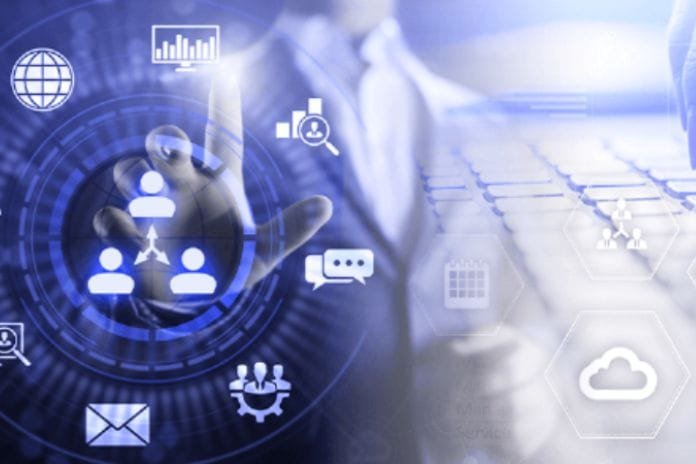What Is The Difference Between CRM And ERP?

Difference between CRM and ERP: New tools are emerging every day to help manage the business. Among these solutions are Enterprise Resource Planning (ERP), an integrated management system, and Customer Relationship Management (CRM) sales software.
An ERP ensures excellent internal control of companies at lower costs and is more effective in human resources and finance. More traditional, CRM helps organize a company’s sales actions and makes contacts with customers more accurate. Therefore, there are differences between these systems.
Do you want to understand the main features and the difference between CRM and ERP to choose the best option? Keep reading!
What Are CRM And ERP, And How Do They Work?
ERP is an essential management software companies of all sizes and segments use. This system helps to control a business’s fiscal, financial and accounting. It integrates all information on receipt of income and payment of expenses, considers the tax cost of all operations and assists in creating new strategies.
CRM, in turn, is software that refers to customer relationship management. Managers use the system to take care of a company’s consumer base. This option protects commercial data and makes it possible to discover more assertive action plans, manage goals, evaluate salespeople and increase sales.
What Are Its Features?
The functionalities of an ERP increase the efficiency in distributing strategic data and business information. They reduce rework because the management of activities is improved by integrating all sectors, making organizational processes more fluid. On the other hand, they give teams greater agility and eliminate bureaucratic bottlenecks.
On the other hand, CRM has several tools that allow you to record and monitor the dialogues with each client to form theoretical and practical knowledge of the consumer public. It forms history with an accurate record of the interactions between the company’s employees and customers, which is fundamental for creating sales and marketing strategies.
What Are The Main Differences Between Them?
Before implementing one of these tools, it is essential to understand how they differ. Both can be used in companies, no matter how long they have been in the market. They are simple to use, and users adapt quickly due to their simplicity. Here are some differences between ERP and CRM!
Goals
The main objective of an ERP is to increase productivity as well as reduce order delivery times. The solution avoids errors, waste, labor and Information Technology ( IT ) costs. This technology improves tax management, avoids fines, and facilitates the purchase and sale of goods and inventory management.
The goals of CRM are different, as it increases sales, saves salespeople time, and makes it possible to organize information easily. The software reduces paper costs, facilitates staff training and reduces the need to search for physical documents. Data is accessible and located with greater agility.
Destination
CRM is beneficial for the sales and marketing sector, which is why its destination is the commercial sector of a company. With it, plans are created to achieve billing goals. The focus of ERP is internal and aimed at managing costs and internal information in an automated way.
Integration
Integrating ERP software with a CRM solution is essential to professionalize a company at once. This process makes it possible to structure, standardize and optimize procedures while creating the perfect environment to maintain relationships with customers and potential customers. Integrating the tools helps to carry out more strategic management.
Now you understand the difference between CRM and ERP? Choose the best alternative based on your company’s needs: optimization of sales or internal processes. Analyzing whether it is more critical to control customers, monitor the financial sector or improve business management is an integral way.


